Content:
Bivoj ................................................ 2
Krakonos ......................................... 6
Knights of Blanik ........................... 10
Salt above gold ............................... 14
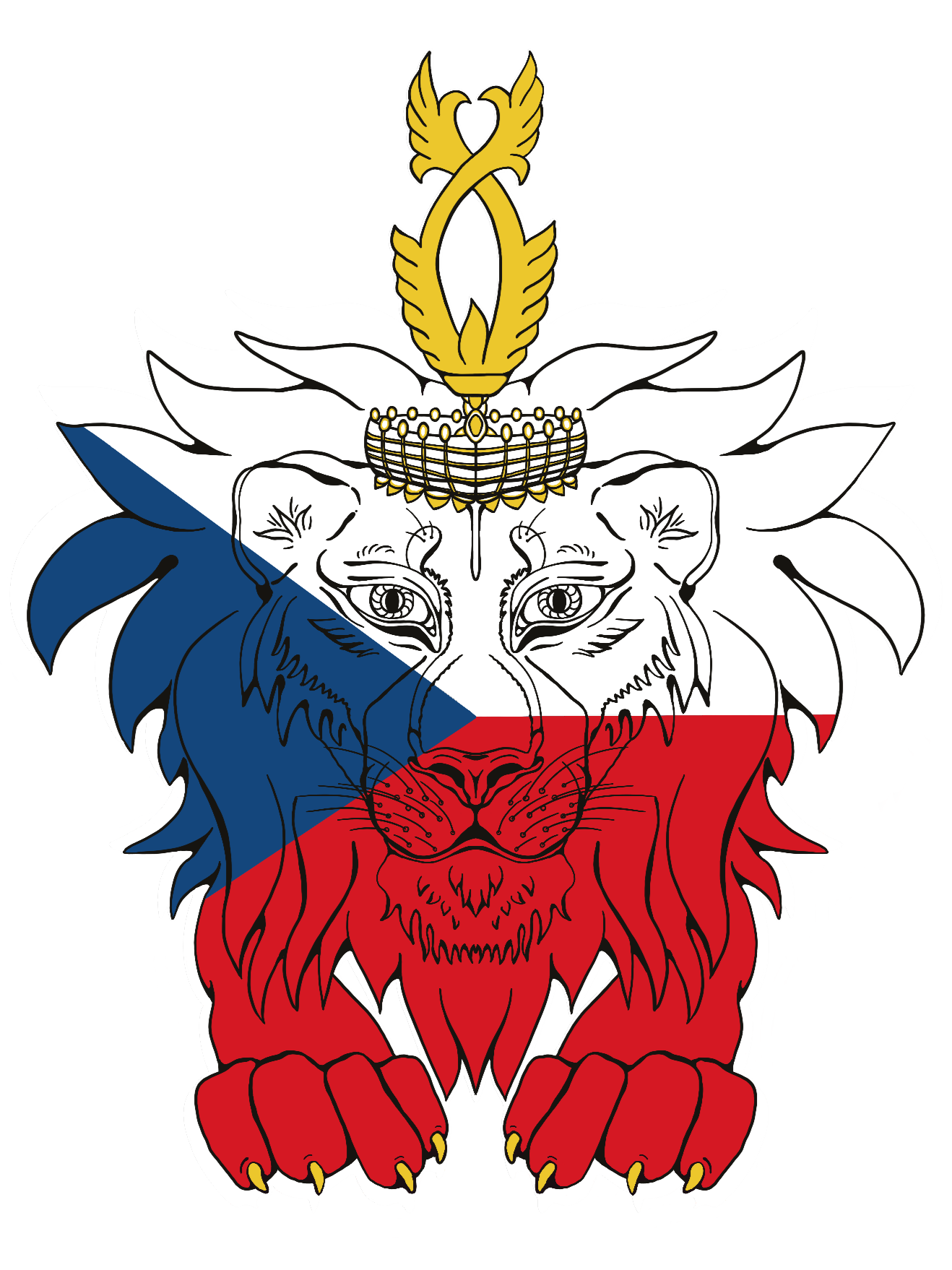
Jan Labut & Klara Popelkova
To open and close the book press or pull over the side of the cover.
To turn the page press or pull over the outer corner.
To play narrated story press the image of the reproductor.
To pause the narration, press the button again.
To answer the question, click on the blog to start writting.
To send yourself your answers, go to the end of the book.
Bivoj ................................................ 2
Krakonos ......................................... 6
Knights of Blanik ........................... 10
Salt above gold ............................... 14
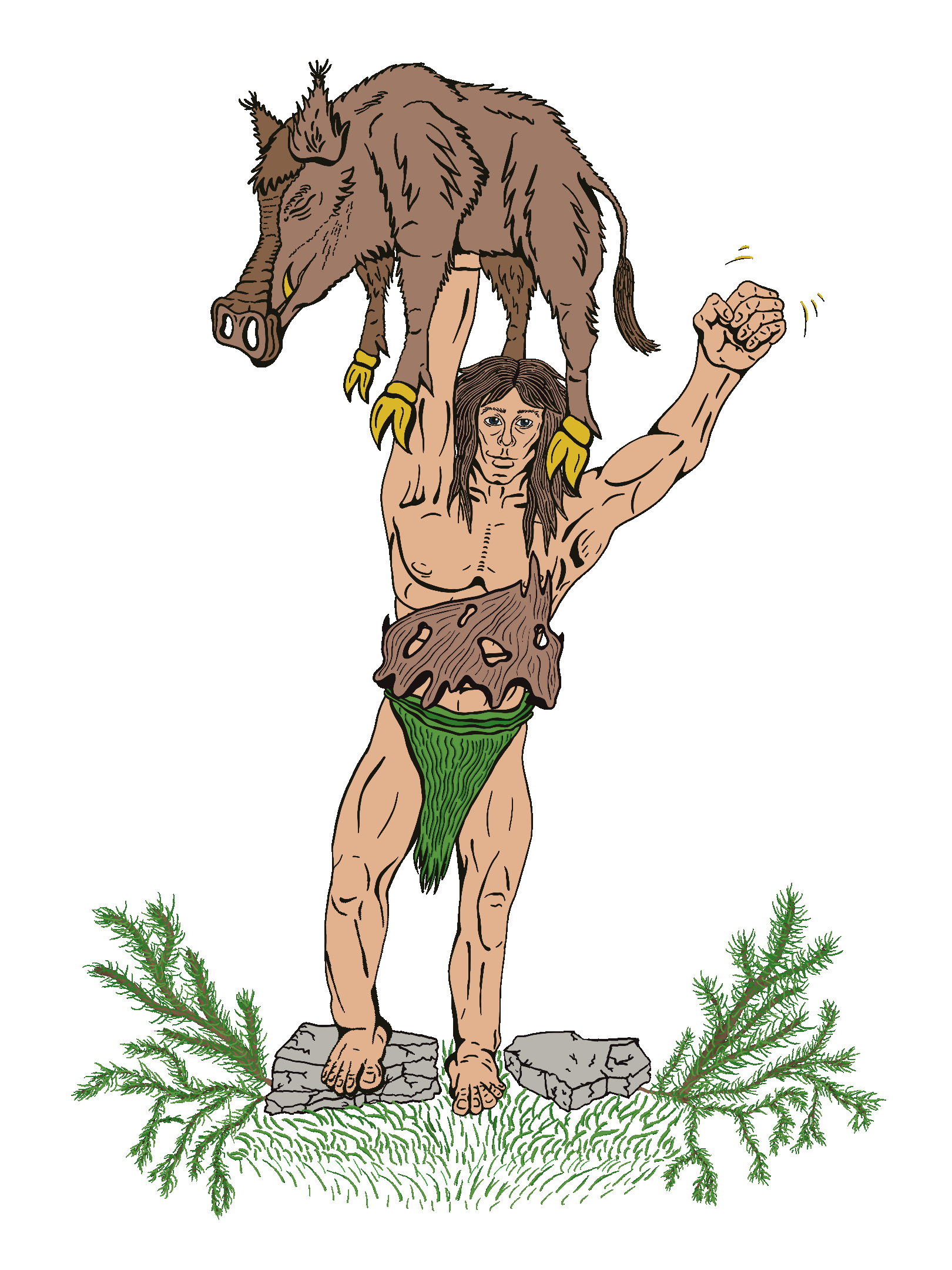
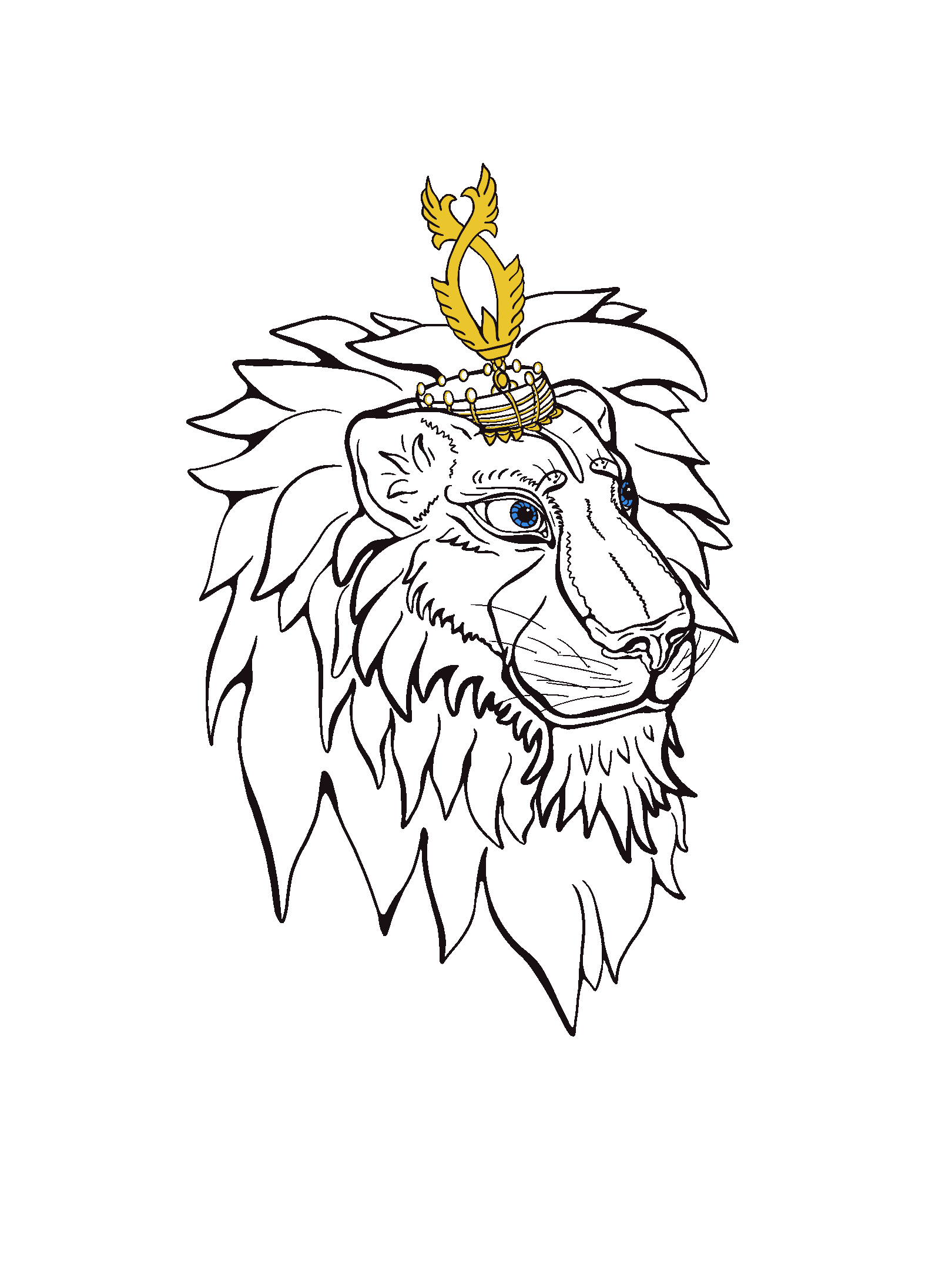

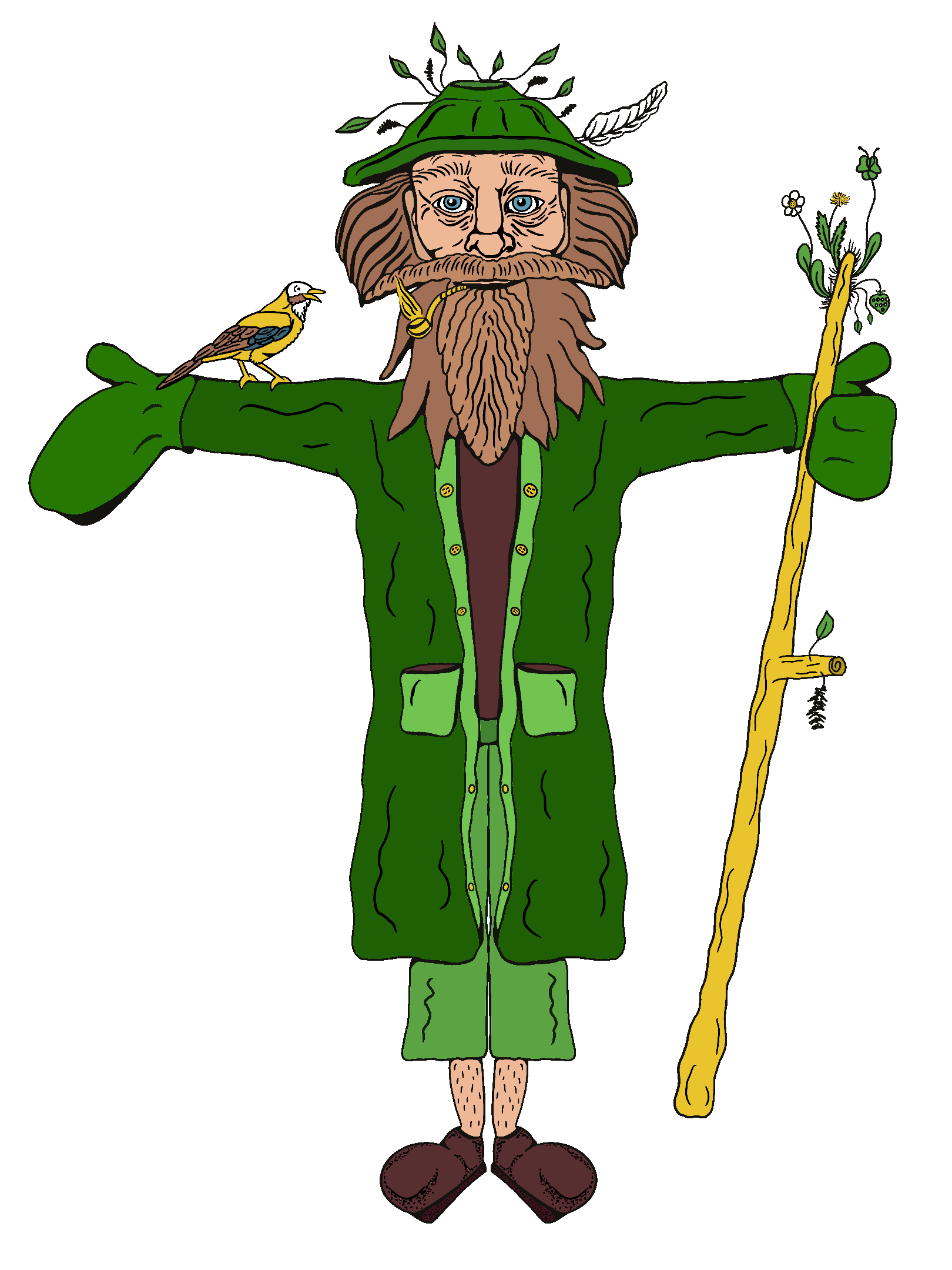

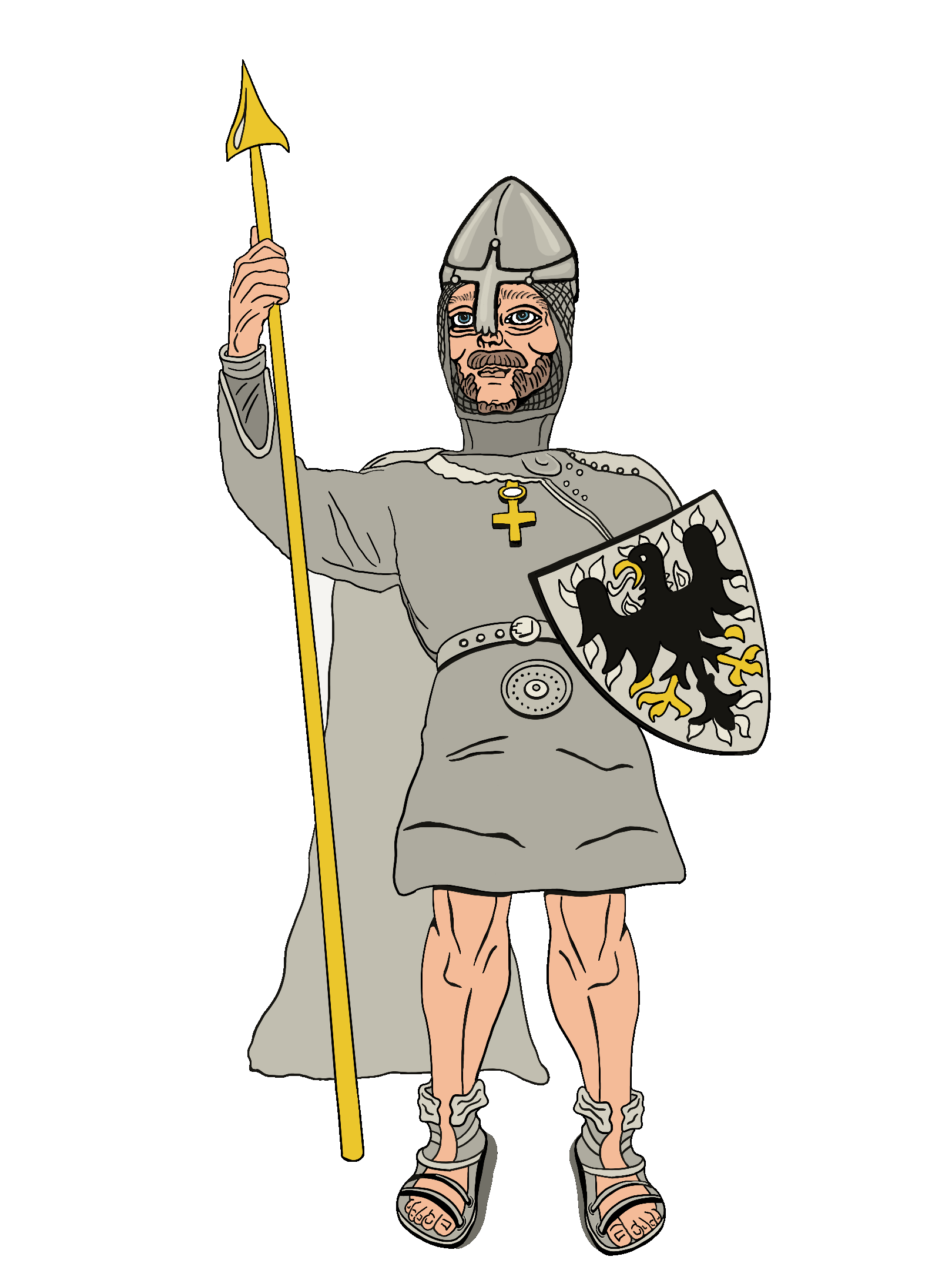

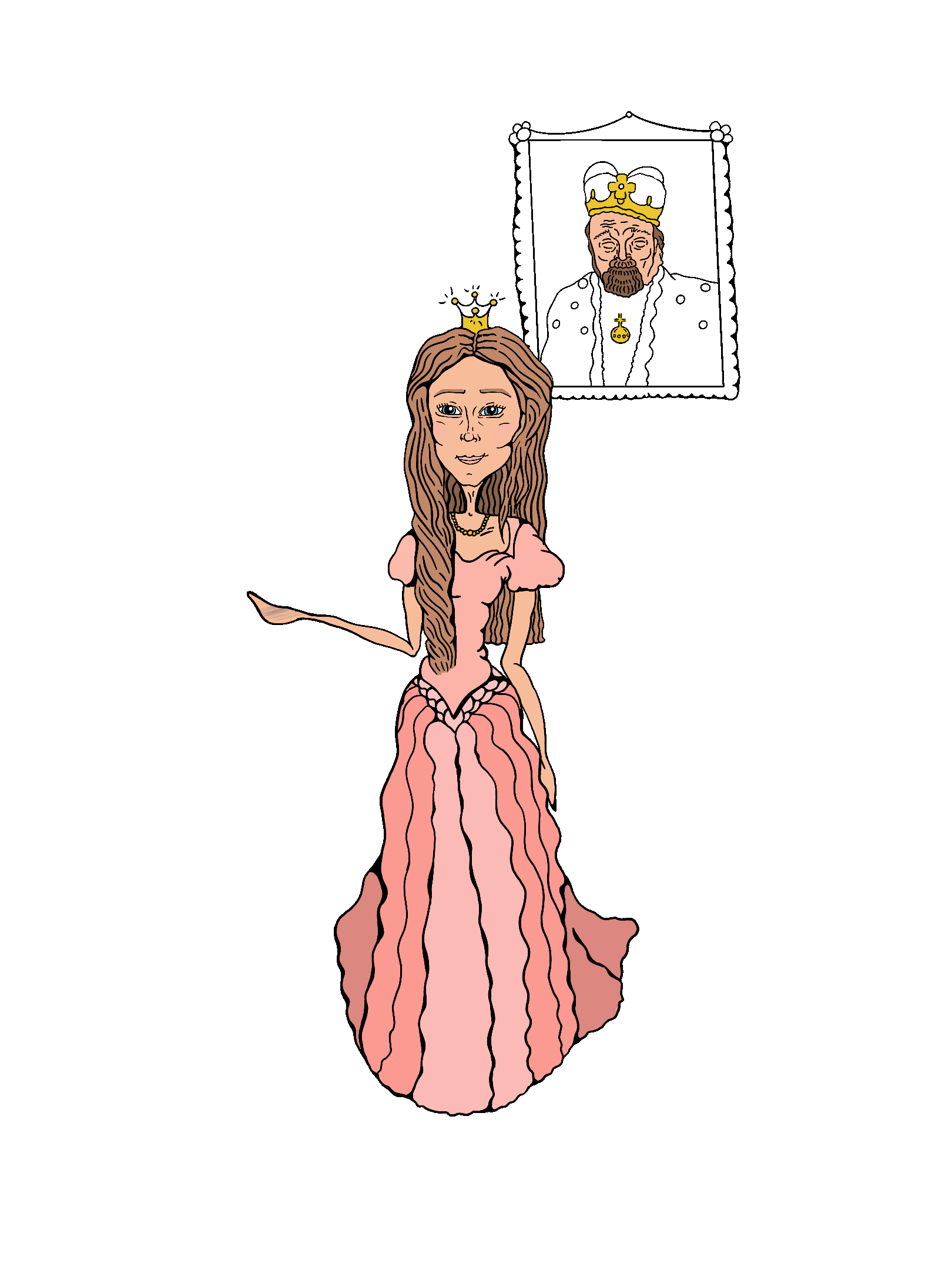

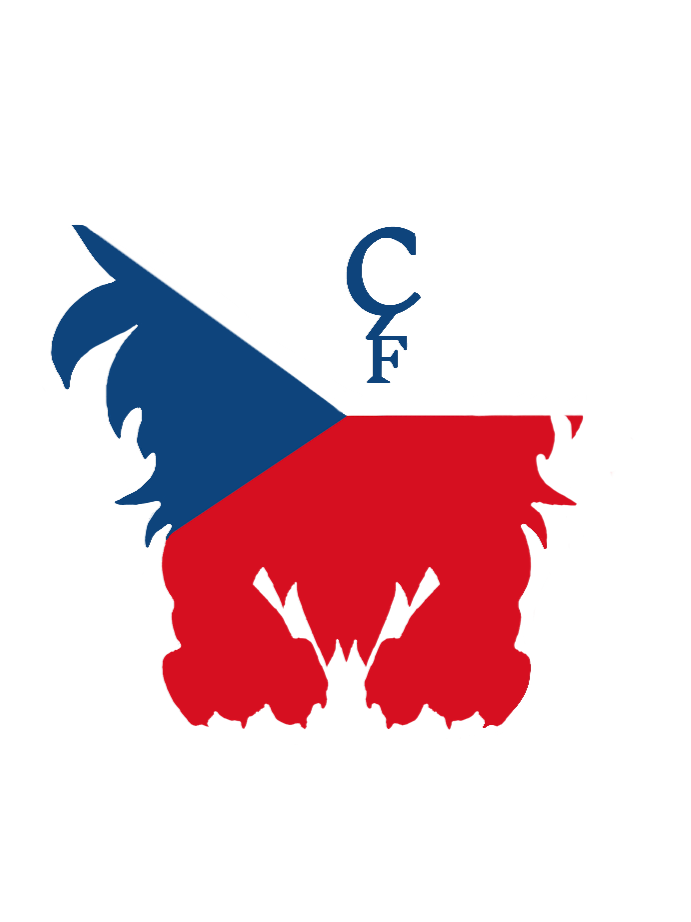
If you appreciate our work, don't forget to scan the QR code to get in touch with us.
|
Jan Labut |
Klara Popelkova |

|

|
Click on the "Send my notes to email" button and write down an email, you want to send it to.
Your notes should be there in a minute. When you are done with this book, please, click on "Clear all" button.
After you clear the notes, please, reset the page for others.
Thank you for your cooperation.
Originally from the Czech Republic (Prague), they live in Ireland (Dundalk), where they are completing bachelor's degree (Creative Media) at Dundalk Institute of Technology.
If you appreciate our work, don't forget to scan the QR code to get in touch with us.
We look forward to future collaborations!
 |
Jan Labut
Role: Website Coder, Storyteller, Sound Designer, UX/UI, Researcher
|
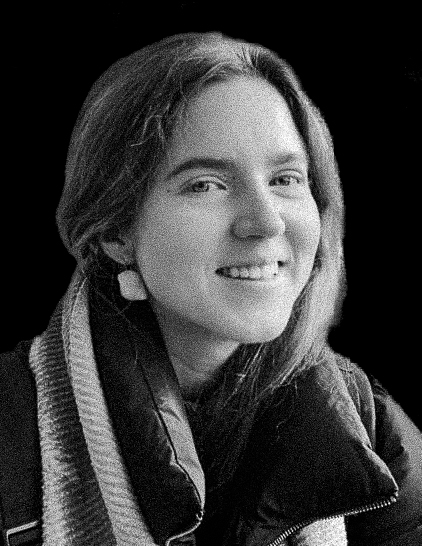 |
Klara Popelkova
Role: Project Manager, UX/UI, Illustrator, 2D Animator, Copywriter, Researcher
|